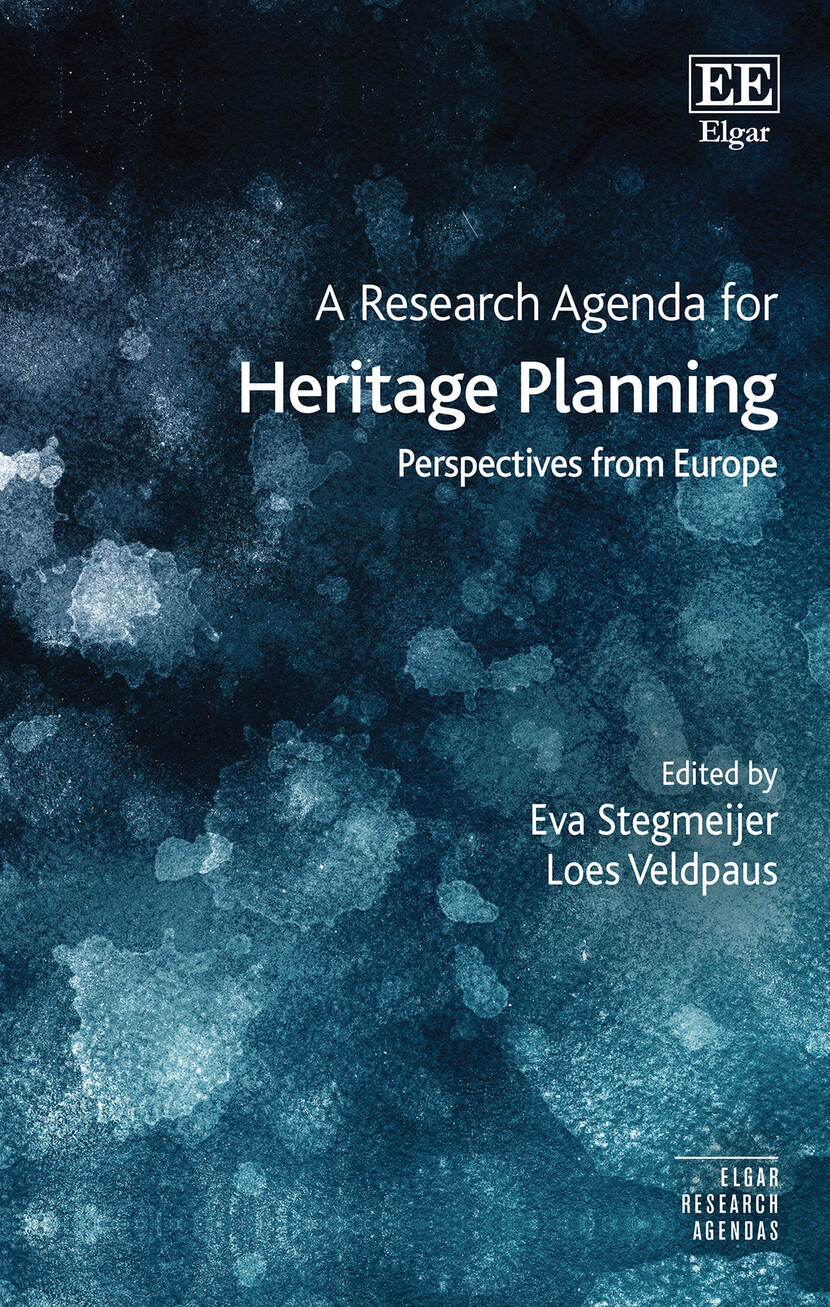A Research Agenda for Heritage Planning – Perspectives from Europe
This insightful Research Agenda examines the multidimensional relationships between heritage planning and pressing current societal challenges around climate, identity and development. Mapping future avenues for the field, it suggests new approaches to executing, studying and reflecting on heritage planning.
Free ebook and paperback edition
This international book is available as ebook (pdf) free of charge. Or check Google Play Store.
Rather read as paperback? The hardcover version can be purchased on the website of the publisher.

Expertise from the Cultural Heritage Agency
The book has been edited by Eva Stegmeijer and Loes Veldpaus.
Stegmeijer is a researcher at the Cultural Heritage Agency of the Netherlands. Trained as spatial planner, she has been exploring the heritage field and does research on how heritage and cultural landscape can be employed in spatial transitions. Moreover, she is member of the Governing Board of JPICH.
Veldpaus is a lecturer at Newcastle University and devoted her PhD research to the integration of heritage and planning in international policies. Currently she studies heritage planning, mostly in the European context.
Both authored the first chapter and the research agenda, that forms the end of this book. The extensive introduction was written by Stegmeijer and Veldpaus, together with Joks Janssen.
The authors frame how, all over Europe, heritage and spatial planning are becoming ever more integrated over the last decades. They introduce the ten research projects, all of which have been funded by the JPICH research programme, and position those in the major challenges of climate, identity and development. The future-oriented final chapter, which was also co-authored by Višnja Kisić, stimulates one who reads it to consider their own role and answers to these heritage planning challenges. Either as a researcher, a policymaker, student or professional.